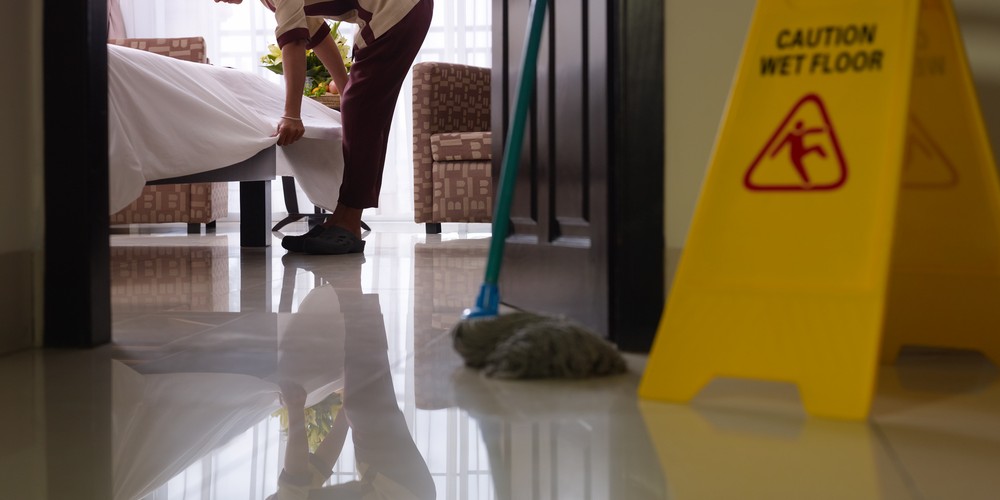You’re taking a well-deserved family vacation, and sparing no expense—especially for the hotel room. You eat organic food, drink only the cleanest filtered water, and by-pass the hotel’s complimentary soap and shampoos for your own high-end organic products. You believe that when you pay more money for a service, you’re getting the best money can buy. While this may be true for your food and cosmetics, it’s often not true when it comes to hotel sanitation. You walk into the room: it’s got a stunning view of the St. Lawrence River and the city lights at night from your bed are breathtaking.
In 2013, CBC Marketplace Investigation performed the largest ever survey of Canadian hotel cleanliness. According to the CBC, “More than 800 ‘high-touch’ spots were tested in 54 rooms at a wide spectrum of chains in Montreal, Vancouver, and Toronto . . . . such as EconoLodge, Super 8 . . . and the luxurious Fairmont . . .” Guelph University microbiologist Keith Warriner, who conducted the test, found alarming results. He claims that prior to the test he wasn’t expecting bacteria to be so prolific, and was “really surprised at the lack of sanitation.”
According to the study, here are the top three most high-risk spots for contamination:
1. Bed comforters: You return to your hotel room exhausted from strolling, playing golf, or lake swimming, and bury your head under the covers—maybe not the best thing to do. Bed comforters had the highest contamination rating with over 50% of hotels tested given an ‘failure’ score. If you think about the hundreds of people who have used the comforter, and you’re pressing your entire body onto it, you’re exposing yourself to bacteria for a long time.
2. Bathroom faucets: You turn on the faucet and wash your hands then turn it off again believing that your freshly cleaned room has been duly sanitized, especially around the bathroom faucets—think again. Bathroom faucets are one of the most contaminated spots in your hotel room. Washing your hands is a good way to prevent yourself from picking up nasty bacteria, but if the faucets are failing sanitation tests, washing your hands may be counter-productive.
3. TV Remotes: You sit down after a long day of travel. Your kids are asleep on one of the beds, and you and your partner want to watch some movies or just flip the channels around—perhaps to pick up scores from the PGA Tournament or Blue Jay game. Think twice before using that remote, and opt for your computer instead. If you’re a cleaning person, will the TV remote be the first thing you’ll clean? Will it be the last? It’s most likely the case that you won’t clean it at all; and that’s typically the case for hotel TV remotes.
Quality of hotel doesn’t count. According to the study, the Fairmont hotels were some of the most contaminated in Canada, and some of the cleanest, though certainly not in all cases, was Super 8. If you’re expecting that top dollar will give you a cleaner less contaminated room, it’s simply not the case.
Does this mean you need to have a freak-out whenever you’re in a hotel and douse yourself in antibacterial gel? No. But it won’t hurt to take precautions, such as not sleeping deep in the bed covers, but sleeping on top or putting a blanket down before you get into bed; or not using the remote, or, if you are, first wiping it with antibacterial gel. You should also use some antibacterial gel for your hands after you’ve touched the toilet seat, or the faucets. These are simple ways to enjoy travelling and keeping yourself and your family safe.


No comments:
Post a Comment